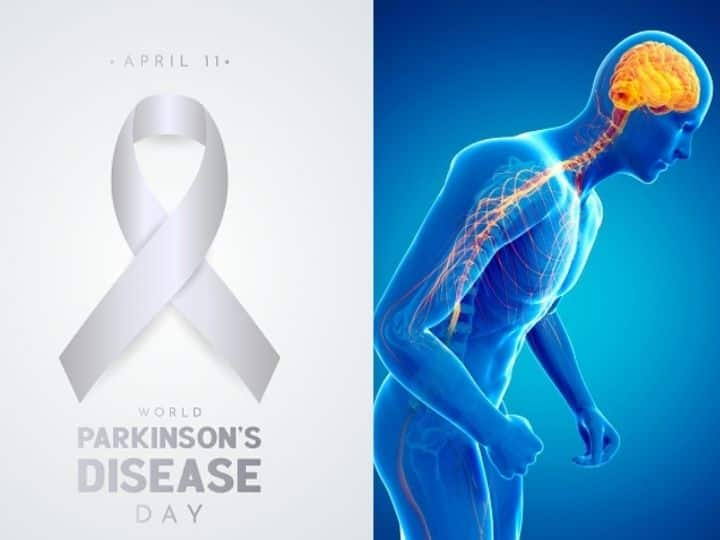World Parkinson's Day 2022: What Causes Parkinson's Disease And What Are Early Symptoms
Parkinson’s disease is characterised by classical clinical features such as stiffness and tremulousness of limbs, slowness of movements, and difficulty in walking with falls in later stages.

Dr. Saraf Udit Umesh
New Delhi: Every year, April 11 is observed as World Parkinson's Day to raise awareness of Parkinson's disease (PD), which is a progressive neurological disease. April 11 is the birth anniversary of Dr. James Parkinson, who first described the features of the disease more than two centuries ago. The theme for this year is Integrated Health Care.
Parkinson’s disease is characterised by classical clinical features such as stiffness and tremulousness of limbs, slowness of movements, and difficulty in walking with falls in later stages. Apart from these features, patients usually have sleep disturbances, constipation, urinary incontinence, abnormal sweating, depression, anxiety, and memory disturbances, which further contribute to the disability of the illness. Correct diagnosis may be missed initially if not evaluated by a specialist. Although there is no permanent cure, multiple treatment options are available. These include medications in the early stages and surgical procedure of Deep Brain stimulation in the later stages. The main aim of management of Parkinson’s disease is to reduce disability and prolong mobility. With the available armamentarium, patients with PD can live a fulfilling life on appropriate treatment.
The majority of the time, the cause for PD may not be identified. Genetic cause is possible in patients who have disease onset at a young age, or who have a family member affected by the disease. The process of neurodegeneration responsible for Parkinson’s disease has been found to begin much before symptoms of stiffness, slowness and tremors are observed. Symptoms such as constipation, reduced smell, and sleep disorders may precede classical PD symptoms by as early as 20 years. Based on some of these features, a separate entity called prodromal PD has also been proposed, which identifies patients at a very high risk of developing PD in the future.
There have been considerable efforts to look for neuroprotective therapies for PD- treatment which can slow down or reverse progression of illness. These therapies are expected to be the most beneficial at the stage of prodromal PD, and can delay the development of classical features. No specific treatment has been proven to have neuroprotective efficacy till date.
However, lifestyle modifications can significantly delay the symptoms of PD. Such lifestyle measures include dietary approaches, regular exercise and meditation. Diet composed of fruits and vegetables, and fish, have been found to be neuroprotective for PD. Dairy product consumption, especially milk, should be curtailed to reduce the risk of PD. Following a balanced diet can also help in slowing the disease progression. Diet not only provides desired nutrition, but also modifies the gut microbiota which has widespread effects. PD can be delayed, or its consequences attenuated through regular safe physical activity. Early life stress exposures predispose to depression, which may prompt or worsen symptoms of PD. Treatment of depression may even delay onset of PD. Meditation or mindfulness may improve severity of PD, with strongest effects on anxiety and depression. Yoga has been found to improve balance in patients with PD, along with mental health benefits.
The author is Assistant Professor, Neurology, at Amrita Hospital in Kochi, Kerala.
Check out below Health Tools-
Calculate Your Body Mass Index ( BMI )






































